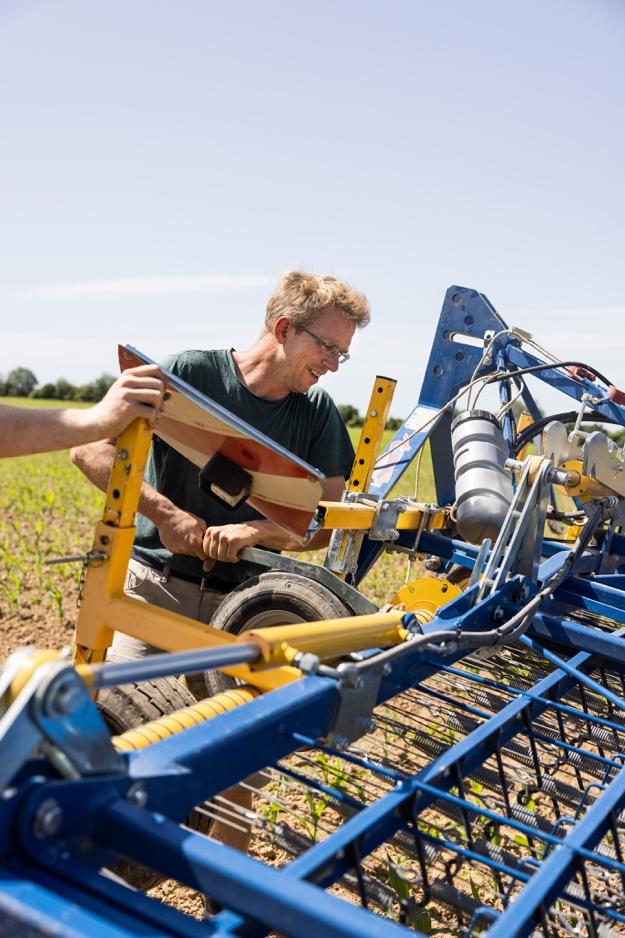Vorwerk Podemus has stood for organic farming, active nature conservation and ecological enthusiasm for over 30 years. The historic four-sided farm has been standing in the middle of its land with pig and cow sheds, potato storehouses and residential buildings since 1793. The farm has been owned by the Probst family since 1900. After the expulsion in 1960, a new business chapter began in 1991. Vorwerk Podemus now covers the entire value chain: from primary production to processing and marketing in its own organic markets. Customers in the Dresden region not only appreciate the diversity of the organic farm.






